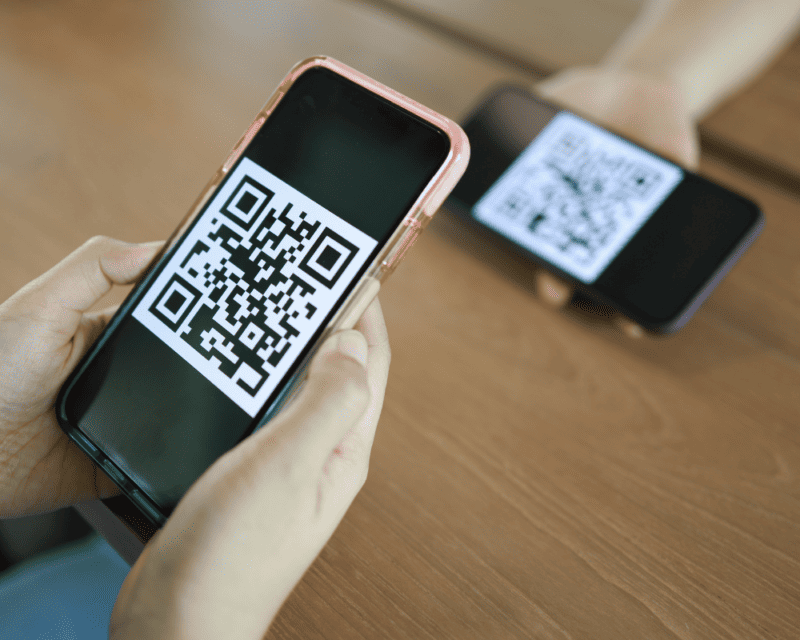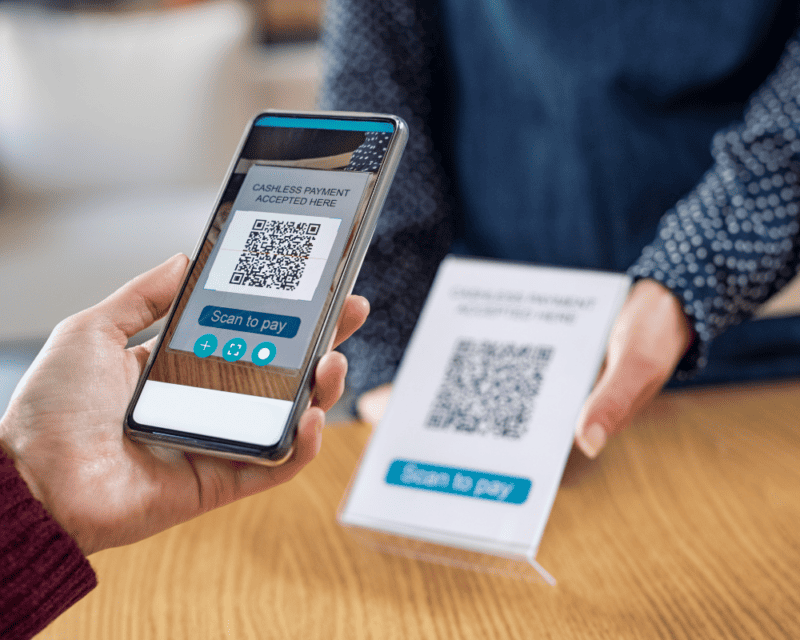QR codes, or quick response codes, have been around for several decades, originally created in Japan for tracking automotive parts. However, their use has evolved significantly over the years, especially with the proliferation of smartphones. At their core, QR codes are a matrix barcode that can store a wide range of information, including URLs, contact information and more. But the question remains: Are QR codes still useful in today’s tech-savvy world?
The answer is a resounding yes, and here’s why:
1. Contactless Interaction

One of the most significant advantages of QR codes is that they enable contactless interaction, which has become increasingly important in a world recovering from the COVID-19 pandemic. QR codes allow users to access information, make payments or complete transactions without physically touching objects or interacting with people, making them a valuable tool in maintaining hygiene and safety.
2. Easy Access to Information
QR codes provide a seamless way to access information quickly. By scanning a code with a smartphone camera, users can instantly view a website, download an app, access product details or even join a Wi-Fi network. This convenience makes QR codes a valuable tool for marketers, businesses and individuals looking to share information efficiently.
3. Marketing and Promotion
QR codes offer a versatile and interactive way for businesses to engage with their audience. Companies can use QR codes on posters, flyers or product packaging to direct customers to their websites, online promotions or social media profiles. It’s an effective strategy for bridging the gap between physical and digital marketing.
4. Authentication and Security
QR codes can be used for authentication and security purposes. For example, some two-factor authentication systems generate QR codes that users scan to set up their accounts securely. Additionally, people who use medical Cannabis can be at risk of being stopped by authorities. Some people are able to carry an official card with a QR code that contains all the information about their prescription details. As medical cannabis is only available through UK cannabis clinics, this makes it easy to establish whether the person is within the law.
5. Mobile Payments

QR codes have revolutionised mobile payments. Services like Apple Pay, Google Pay and various banking apps use QR codes for transactions. Users can simply scan a QR code displayed by a merchant to make a payment or share their payment information securely. This has greatly simplified the payment process, especially in regions where mobile payments are prevalent.
6. Event Management
QR codes are invaluable for event management. Whether it’s a concert ticket, airline boarding pass or conference registration, QR codes streamline the check-in process. Attendees can simply scan their codes, eliminating the need for paper tickets or cumbersome registration forms.
7. Restaurant Menus
In the wake of the pandemic, many restaurants have adopted QR codes for their menus. Instead of handling physical menus, diners can scan a code on their table to access the menu on their smartphones. This allows restaurants to update their menus easily.
8. Inventory and Asset Management

QR codes simplify inventory and asset management for businesses. Each item or asset can be tagged with a QR code containing relevant information. Scanning these codes with a mobile device allows for quick identification, tracking and maintenance of inventory or assets.
In conclusion, QR codes remain a valuable and versatile tool in today’s tech-driven world. They offer contactless interaction, easy access to information, and numerous practical applications in various industries. Whether it’s for marketing, payments, event management or education, QR codes continue to prove their utility and relevance. As long as smartphones are in use, QR codes are likely to remain a valuable and convenient means of connecting the physical and digital worlds.
